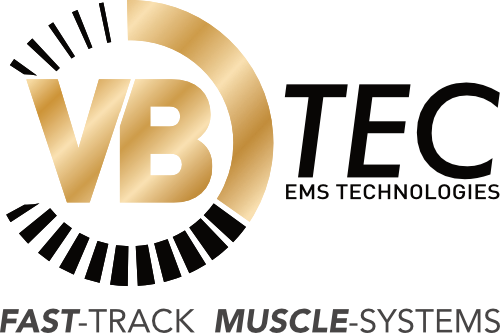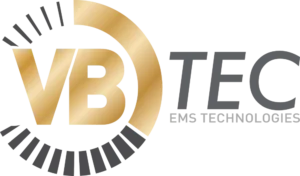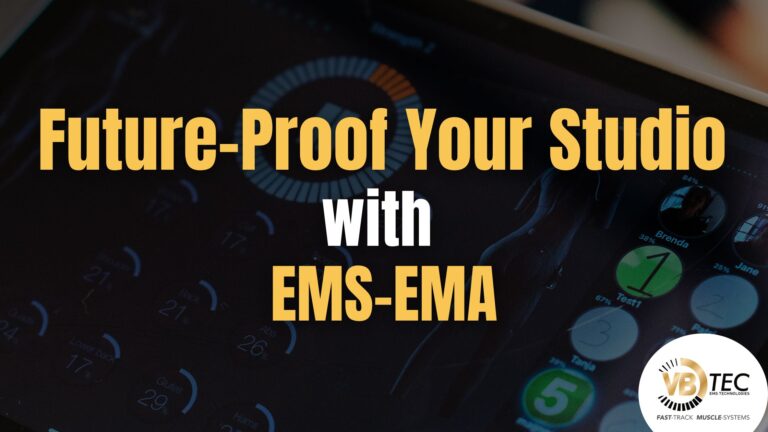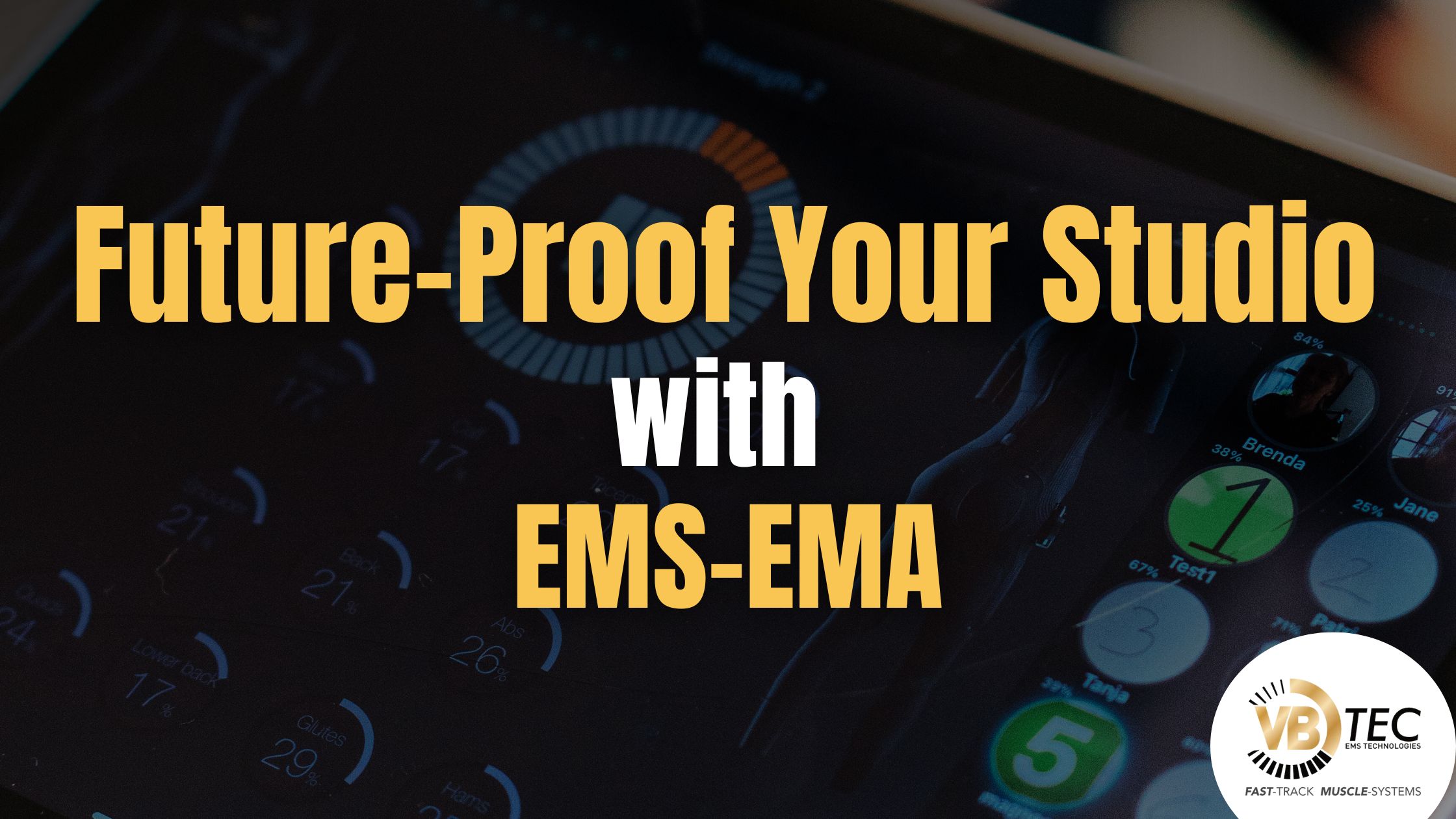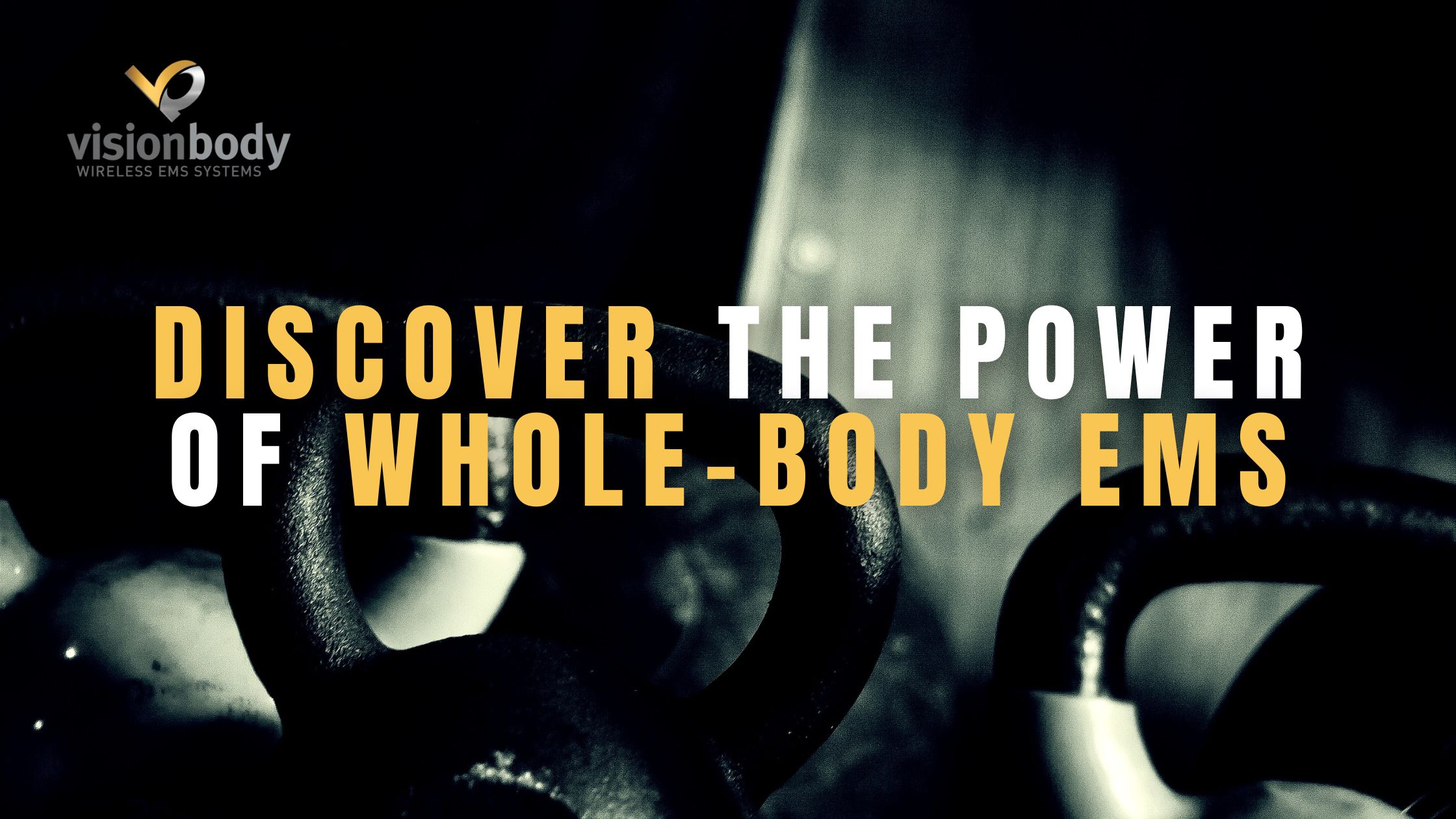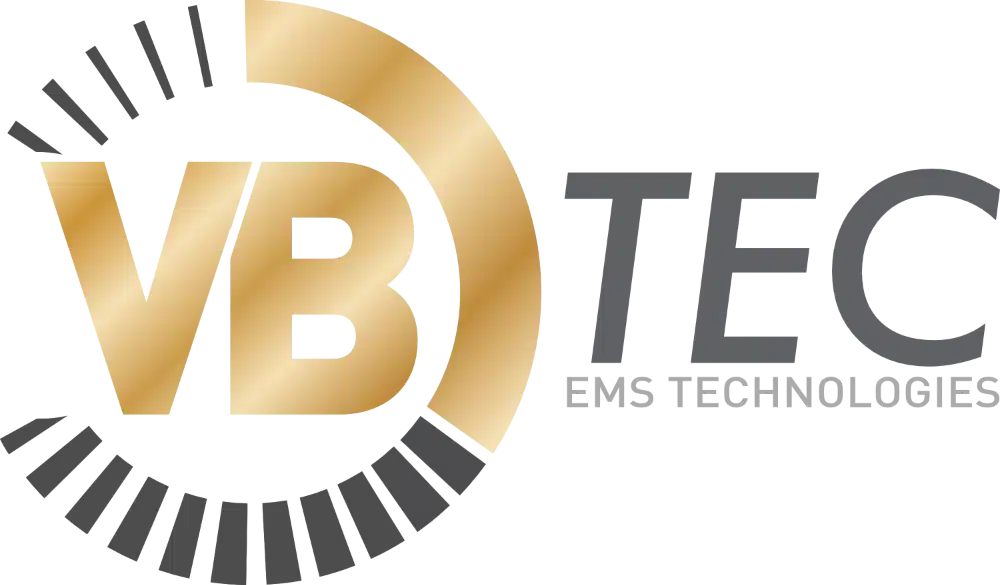By Henri Schmidt, CEO & Founder of Visionbody/VBTec, Muscle Expert
Why EMS-EMA is Changing the Fitness Business Landscape
The fitness industry is constantly evolving, but few innovations have been as disruptive as EMS (Electrical Muscle Stimulation) and EMA (Electrical Muscle Activation) technology. Studios around the world are integrating wireless EMS-EMA systems to maximize client results, boost retention, and significantly improve profitability.

Unlike traditional workouts, EMS-EMA training activates up to 98% of muscle fibers in a fraction of the time, enabling clients to achieve measurable results in 20 minutes or less. For gym owners and studio operators, this means higher efficiency, more clients per day, and a cutting-edge competitive advantage.
What Is the Difference Between EMS and EMA?
EMS (Electrical Muscle Stimulation) and EMA (Electrical Muscle Activation) are often used interchangeably, but they differ in application and precision.

EMS stimulates motor neurons to trigger muscle contractions. It’s designed for building strength, improving endurance, and accelerating recovery. Using lower frequency currents, EMS mimics natural neural signals to engage multiple large muscle groups at once.
EMA, on the other hand, focuses on precise muscle activation. By using medium-frequency or modulated currents, EMA can bypass neural pathways to directly activate specific fibers. This precision makes it highly effective for rehabilitation, postural correction, deeper muscle activation, and fine motor control training.
EMA provides a gentler yet highly targeted stimulus, enhancing cell metabolism and recovery without overstressing the nervous system.
In fitness, combining EMS and Ema technologies helps clients activate 98% of their muscles at the same time. Achieving fast muscle building results in sgnifically less time than with traditional training alone.
In short:
- EMS = Broad stimulation, strength, endurance, and recovery.
- EMA = Precision targeting, rehab, fine motor control, deeper muscle activation, and advanced recovery.
For fitness studios, combining EMS and EMA creates a versatile system that serves both performance-driven clients and those with rehabilitation or recovery needs.
Client Retention Through Innovative Training
One of the biggest challenges for fitness studios is keeping clients engaged long-term. Traditional workouts often feel repetitive, leading to drop-offs after a few months. EMS-EMA technology solves this problem by providing an experience that feels futuristic, effective, and time-efficient.

Most clients report noticeable improvements after just 1-2 sessions. This “wow factor” not only motivates them to return but also encourages word-of-mouth referrals. The ability to offer a scientifically advanced workout that combines strength training, rehabilitation, and recovery in one package makes studios stand out in a crowded market.
Additionally, EMS-EMA systems like Visionbody are FDA- and TÜV-certified, reassuring clients about both safety and effectiveness. This certification further strengthens trust and retention rates.
Cutting Session Times, Increasing Profitability
Time is money in the fitness industry. Traditional personal training sessions take 45-60 minutes. EMS-EMA reduces this to around 20 minutes while delivering superior results.
That means:
- More sessions per trainer per day
- Higher revenue per square meter
- Greater accessibility for busy professionals
For example, a trainer who normally handles 6 clients a day could handle 12 or more if the training is done in group sessions, with EMS-EMA. Since clients achieve results faster, they are more willing to invest in long-term memberships or premium packages.
The efficiency also extends to hygiene and maintenance. Visionbody suits are made from antibacterial textile, use dry electrodes; no water or gels are needed, and suits aren’t shared. This reduces cleaning costs and increases session turnover speed.
Case Studies: Studios Winning with EMS-EMA
- EMS Boutique Studio in Berlin
After implementing Visionbody’s wireless EMS-EMA system, the studio doubled its membership base within six months. By highlighting quick 20-minute sessions and superior results, it attracted busy professionals who previously avoided gyms due to time constraints.
- Rehabilitation Center in Munich
The VBMED Rehab system was integrated to assist patients recovering from surgery and injury. The precise EMA stimulation helped patients activate weakened muscles safely, reducing recovery times. The center reported a 35% increase in referrals from physicians.
- Fitness Chain in the U.S.
A mid-sized gym franchise added EMS-EMA as a premium service. By bundling 20-minute EMS-EMA sessions with nutrition coaching, they increased average revenue per client by 40%. Retention improved as clients felt the system delivered results faster than traditional training.
These examples highlight how versatile EMS-EMA technology can be, from high-performance athletes to rehabilitation patients.
Implementation Strategies for Gym Owners
Cost vs. ROI Breakdown
At first glance, EMS-EMA systems may appear to be a considerable investment. However, the return on investment (ROI) is highly attractive for fitness studios. Because these systems allow trainers to serve more clients in less time, they quickly generate revenue that offsets the initial costs.

Unlike traditional gym equipment, which can take years to pay off, EMS-EMA creates value much faster due to its efficiency, premium positioning, and client demand. Studios that integrate the technology often see their investment returned quickly, followed by consistent long-term profitability.
Training Staff for Success
Even the most advanced technology only delivers results if your team knows how to use it effectively. Staff training is therefore one of the most important steps for ensuring business success with EMS-EMA.
When trainers are fully confident in operating the system, they can focus on creating memorable client experiences. This builds trust, encourages repeat bookings, and increases the likelihood of long-term memberships. Well-trained staff are also better at highlighting the value of EMS-EMA sessions, which supports premium pricing and stronger profit margins.
From a technical perspective, staff should master:
- System operation: Safe and efficient use of EMS-EMA suits and the PowerBox.
- Client education: Explaining the science in clear, client-friendly language.
- Customized programming: Designing sessions for strength, rehab, recovery, or performance.
The payoff is twofold: clients feel they’re in expert hands, and studios benefit from higher retention, greater upsell potential, and a stronger market reputation.
Conclusion: The Future of Fitness Is EMS-EMA
EMS-EMA technology is transforming the fitness industry. From shorter, more effective sessions to unmatched client retention and profitability, it provides studio owners with a competitive edge. By adopting EMS-EMA, you’re not just offering another workout; you’re positioning your studio at the forefront of fitness innovation.
Studios that embrace this technology early will dominate their markets, offering solutions that blend performance, recovery, and rehabilitation in one seamless system.
Ready to future-proof your fitness business?
Discover how Visionbody can help you implement EMS-EMA technology and take your studio to the next level. Contact us today.

References:
- Visionbody Blog: We Put Electro Muscle Stimulation and Activation on a Higher Level
- seca.com – What is EMS Training?
- Amplifitness – What is EMA?
